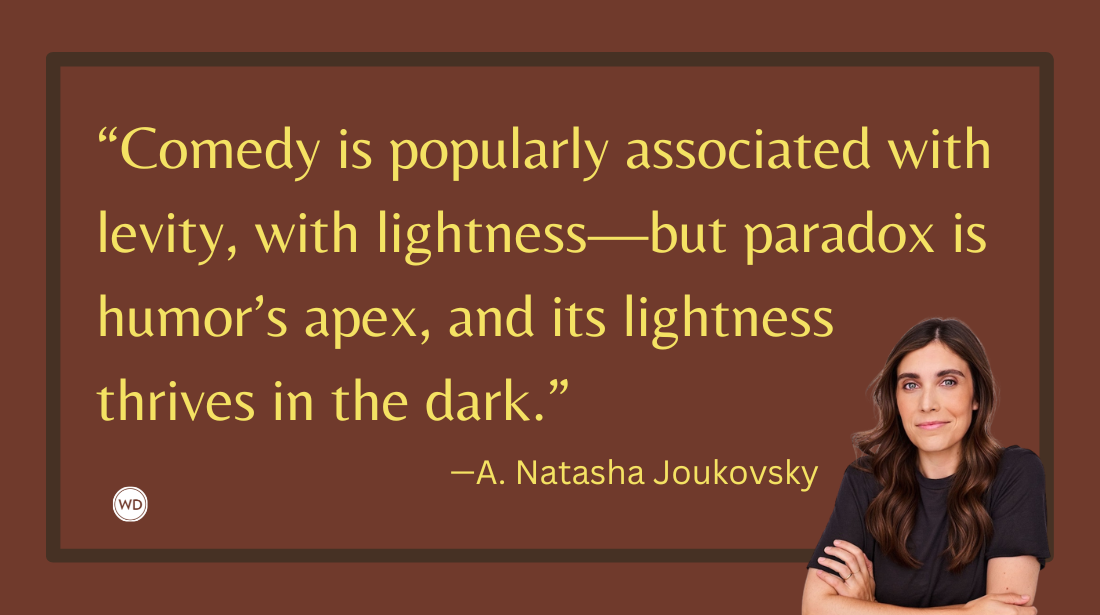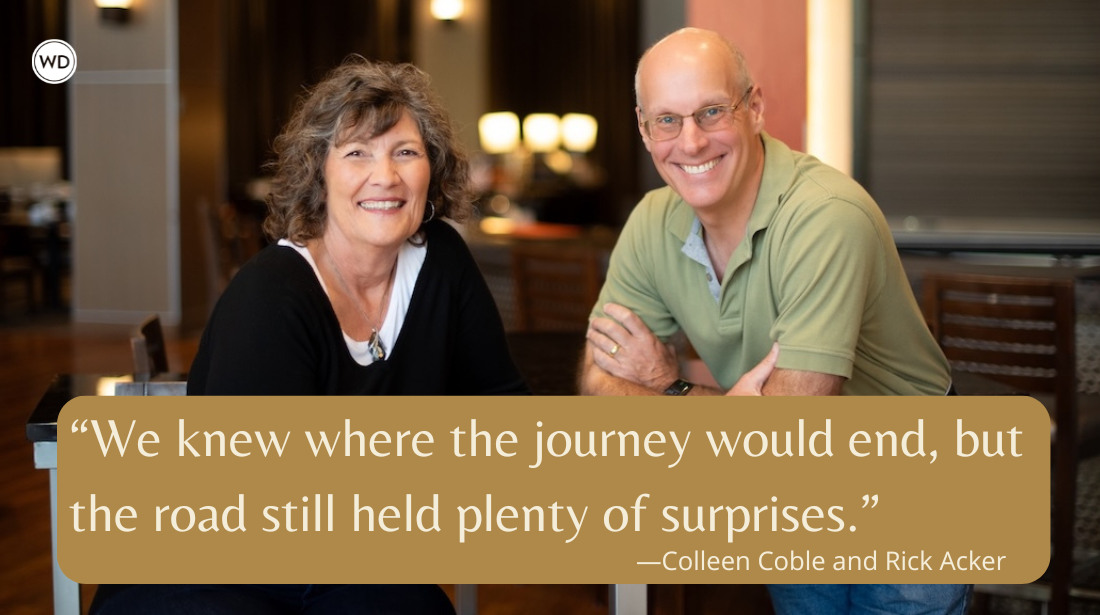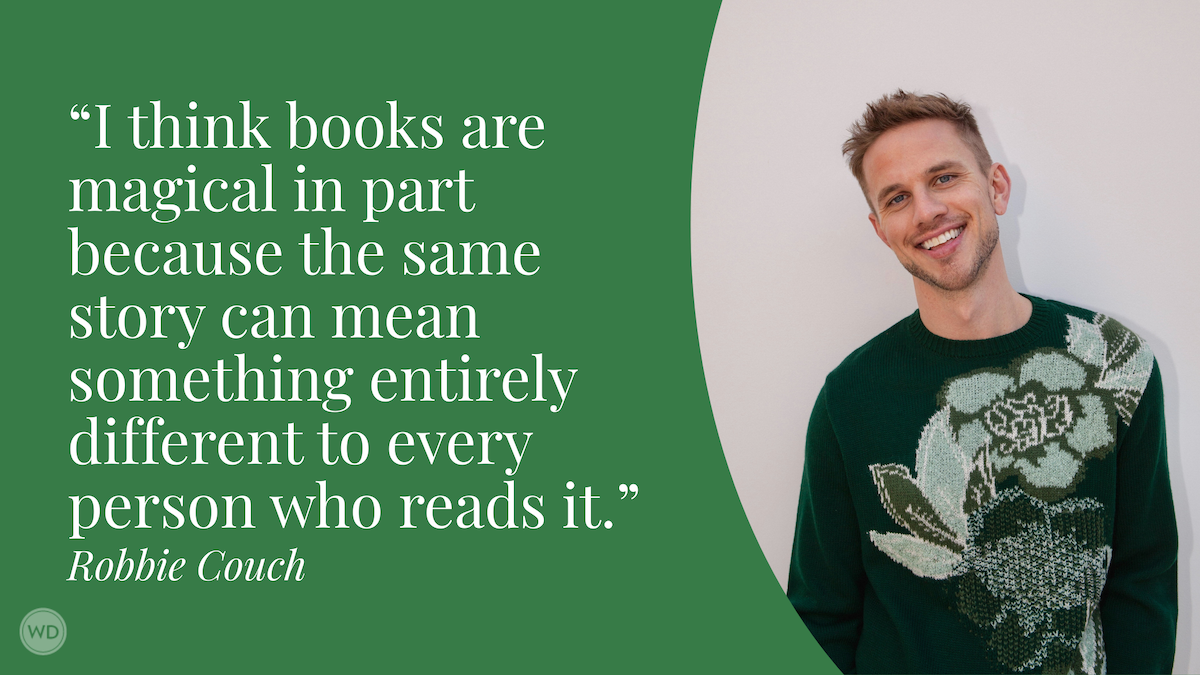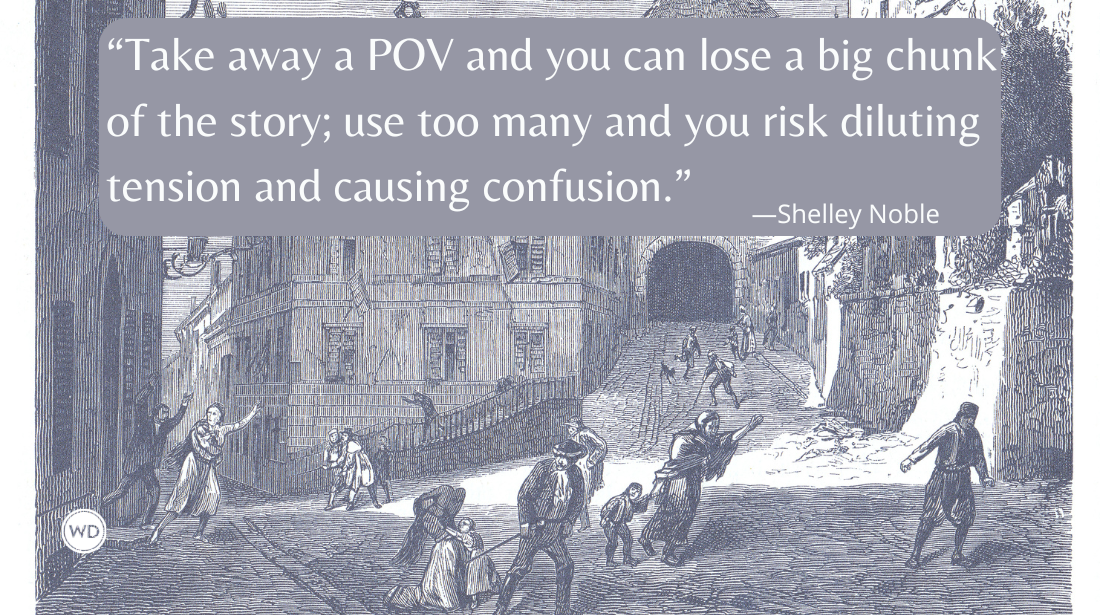One Word at a Time: How to Finish Writing a Novel
Bestselling author Traci Hunter Abramson shares four tips she’s used to write more than 50 novels over the years.
Whether it’s at a writer’s conference or simply in a social setting, one of the most common questions authors get asked is, “What do you write?” Answers vary depending on the situation, from something as vague as fiction or nonfiction to specific genres—suspense (me) or fantasy (not me). And if the conversation continues, it can even go into more specific subgenres, such as political thrillers (me), sweet romance (also me), or science fiction (definitely not me).
Yet one of the most important questions we need to ask ourselves is often left unspoken: Why do we write? The answers vary from person to person, particularly for those of us who are on the road to publication. Among the most common reasons are the need to tell a story, the desire to share knowledge, and the hope that becoming an author will turn into a full-time career. Money and fame can fall onto the list as well. Most of us will find our reasons fit several categories.
For me, I started writing because I had stories circling through my head, and the only way to get my fictional characters to behave was to write their stories. My motivation progressed when I discovered a gap in the market, one I wanted to fill. At the time, readers couldn’t easily find adult fiction suitable for younger audiences, but it was something I enjoyed creating. Finding my target audience, having a story to tell, and getting it on paper, though, were only the start of my journey. I also needed to hone my craft.
I found a trusted friend who provided crucial feedback on my early drafts. Equally important, I read. A lot.
My leisure reading turned into an exercise in analysis. What did I love about what I read? How did the author capture my emotions and allow me to fall into their fictional world? And the questions went on. My understanding of creating a novel expanded, and I tried to implement my new knowledge in a way that allowed me to develop my own voice while also learning from the masters in the publishing world.
As part of my early writing process, I also had to give myself permission to stop worrying about making everything perfect. It’s okay to write a messy first draft. After all, we can’t edit a blank page.
My first novel took six years to write and revise, followed by another year of revisions after a publisher asked me to revise and resubmit. Now, over 20 years after my first novel released, I typically only need two to three months to draft a novel and have it ready for submission. The increase in my efficiency comes from both years of practice and an increased understanding of how to jumpstart my creativity. So if you’re one who tends to wait for your muse to show up, here are a few tips that have worked for me as I drafted my first 50 or so novels:
- Set a schedule. Even if you spend your “writing time” staring at a blank screen, with practice, your creativity will be awakened when you sit down to write.
- Read through a page or two of what you wrote last. This can help refresh your memory and put you back into the heart of your story.
- Don’t be afraid to write out of order. Sometimes we can jumpstart our creative process by beginning with something we’re excited about, even if that means skipping forward.
- Set a goal—and adjust when necessary. Whether it’s a certain amount time spent writing, a word count, or a specific number of pages, setting achievable goals gives us a sense of accomplishment on a daily level for a project that can take months or even years to complete.
National Novel Writing Month (NaNoWriMo), which happens every November, is one great way to connect with other writers with similar goals. (Editor's note: The official NaNoWriMo organization shut down in early 2025, but many unofficial NaNoWriMo groups have sprouted, including NaNo 2.0 here.)
Which brings me to another helpful tip: If possible, find an accountability partner, someone you can report to each day or week to help keep you on track. When I know my accountability partner is expecting me to tell her whether I hit my goal or not, it definitely makes a difference in how committed I am during the day.
Writing sprints is another tool that can be helpful, whether using an online group or an in-person event. But an important note to remember is don’t compare. Theodore Roosevelt said, “Comparison is the thief of joy.” It’s so true. One person’s success doesn’t equate to another’s failure. And every word we draft is a step closer to finishing our book and moving our career forward.
I hope we all find joy in our writing, but more than anything, we need to understand that we all have a unique perspective, and because of that, our story is one no one else can write.
Whether you are writing 50K words in a single month or plugging along at a few hundred words a week, every success in writing comes the same way: one word at a time.
Check out Traci Hunter Abramson's Victim #8 here:
(WD uses affiliate links)









